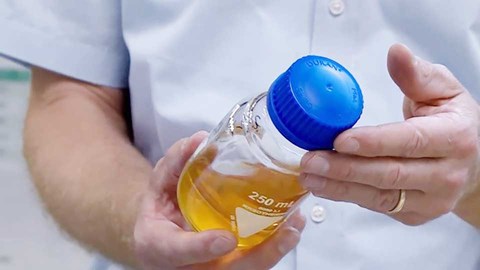► Audi trials new plastic recycling vision
► Tech explainer: how the system works
► Aim is to reduce waste from end-of-life cars
Car manufacturing involves the use of a lot of plastics – in fact, almost 30% of a new car build is comprised of plastic. They must be resolutely strong, withstand high heat, and meet exacting safety and quality standards. Petroleum-based plastics are best used in these instances but unfortunately are not easily recyclable.
Which explains why Audi has partnered with the Karlsruhe Institute of Technology (KIT) in Germany to launch a pilot project to find new ways of recycling automotive plastics.
Clean motoring: our guide to Audi electric cars
Audi’s plan to recycle more car plastics
Whereas plastics of the same type can often be mechanically recycled (chopped up and re-melted, basically), mixed plastics pose a much greater challenge.
That’s why Audi and KIT are teaming up to investigate the viability of chemically recycling these mixed plastics into a resource-conserving cycle. The Chemical Recycling of Plastics in Automotive Engineering study will investigate ways to chemically recycle mixed plastics as a complement to traditional mechanical recycling.
From this, Audi hopes to implement new processes and methods of using recycled automotive plastics in its automotive production. Engineers at Ingolstadt will supply the study with plastic components that are no longer needed, such as grilles, fuel tanks and trim pieces from its German dealership network.

This waste can be recycled into pyrolysis oil (above), which is almost of the same quality of brand new petroleum-based plastics. The goal is to be able to create secondary plastic components from the pyrolysis oil and install them into new cars, giving the old plastic waste a new lease on life.
How’s the trial going?
So far, chemical recycling is the only way to convert mixed plastic waste into products equalling the quality of new ones. Creating these secondary plastics through chemical recycling saves energy, costs and – most importantly – is beneficial to the environment.
Audi is one of the first automobile manufacturers to test this recycling method in a pilot project with plastics from automobile production.
For Audi, chemical recycling could develop into a major component of wider plastics recycling, and imagines its uses as especially applicable to the automotive industry.
The company plans to gradually increase the proportion of secondary plastics throughout its model range in the near future.
More car tech stories